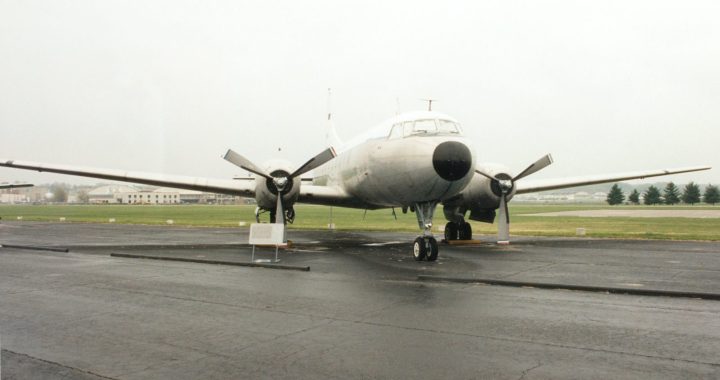CONVAIR C-131 / R4Y Samaritan: USAF and US Navy’s VIP Transport Aircraft
Today we bring for our readers the CONVAIR C-131 Samaritan which served the United States Air Force and the United States Navy as their Transport aircraft. The CONVAIR C-131 Samaritan was a twin-engine military aircraft that was developed by the aircraft manufacturing company named Convair from 1954 till 1956 and 512 units of this aircraft … Continue reading CONVAIR C-131 / R4Y Samaritan: USAF and US Navy’s VIP Transport Aircraft
